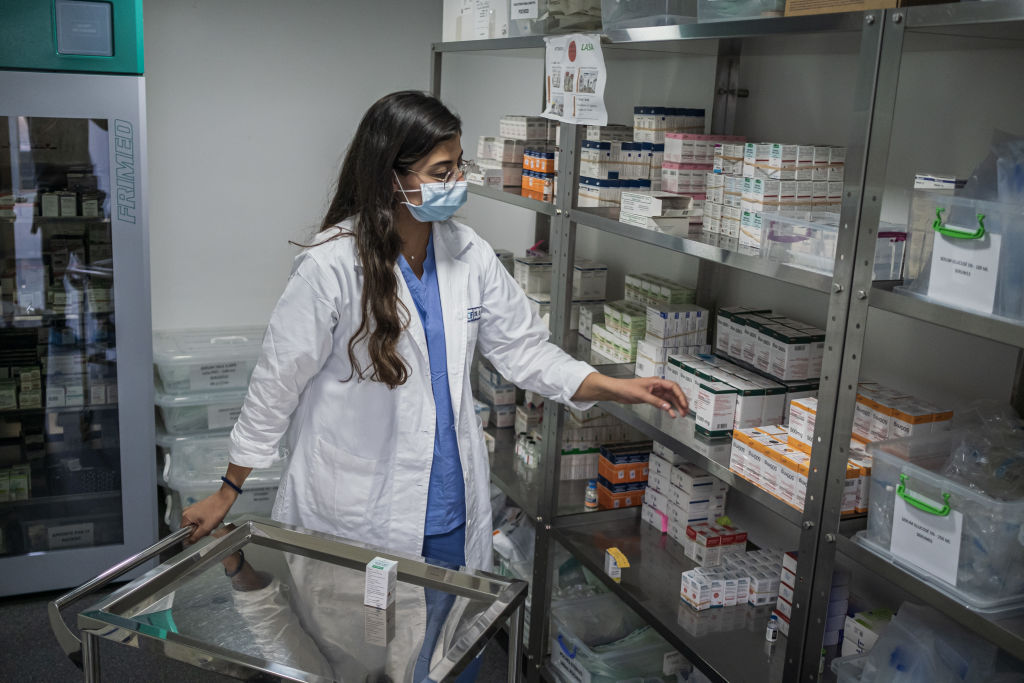Over the past three years, Lebanon has endured economic instability, the COVID-19 pandemic and an explosion that destroyed the Beirut Port, all of which created a catastrophic crisis in the country’s fragile healthcare system.
In a new study published in Health Research Policy and Systems, CUNY SPH PhD student Amena El-Harakeh and Assistant Professor Sean Haley propose two policy approaches to address the critical shortage of prescription drugs in Lebanon and create a stable and secure source of prescription drug production.
One policy option, the researchers say, is to remove subsidies on imported drugs for which there is an alternative made in Lebanon and to prioritize subsidies for cheaper imported drugs, which will help reduce the burden on the central bank and enhance competition. Distribution channels should also be held accountable, and production efforts of local companies should be regulated to ensure compliance with good manufacturing practices.
The second policy option, as suggested by the researchers, is a multilevel, multicomponent approach to supporting the prescription and use of generic drugs. In 2015, the country adopted a law to promote generic drug substitution, but major challenges hinder its effective implementation. According to the law, physicians use a prescription form that allows them to check a box if the drug should not be substituted with a generic or leave the box blank which means a generic can be prescribed by a pharmacist. El-Harakeh and Haley suggest that the form be changed, making equivalent generics the default selection, and requiring orders for non-substitution to be explained. In addition, the researchers say, the stewardship function of the Ministry of Public Health should be strengthened through better monitoring and evaluation of implementation including population and provider educational campaigns, establishing penalties for nonadherence, and introducing tariffs on proprietary medications that have an available generic equivalent.
“Introducing lower-cost generic drugs to the market tends to drive up competition and pressures companies that produce brand names to reduce their costs,” says El-Harakeh. “As such, promoting the development, availability and use of generic drugs is imperative to lower the costs of prescription drugs.”




